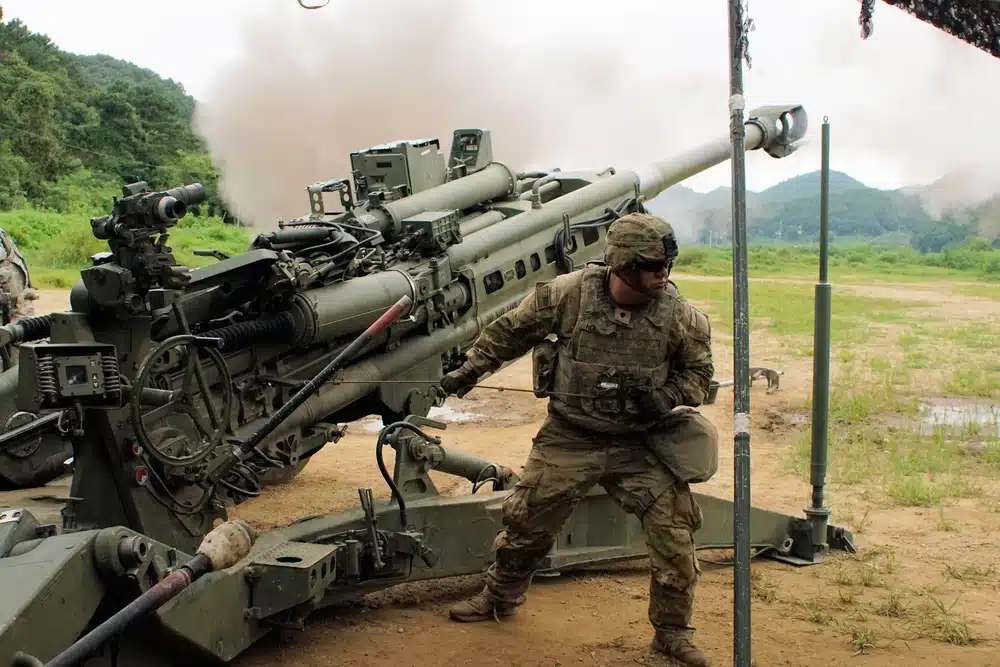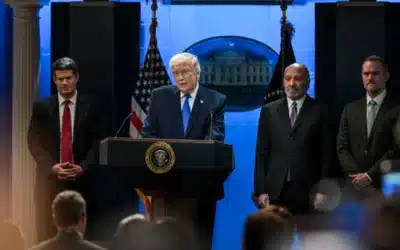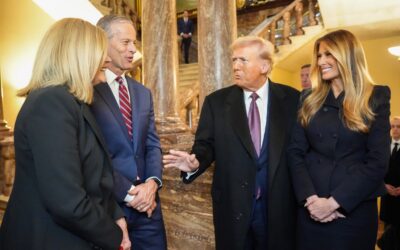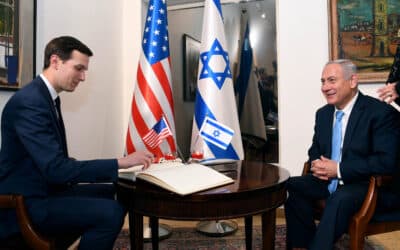The US and South Korea are preparing to kick off large-scale war games later this month. The summertime joint military drills are viewed by Pyongyang as an annual rehearsal for invading North Korea.
The war games, dubbed Ulchi Freedom Shield, are set to begin on August 19 and run through the end of the month. At least 19,000 Korean soldiers will participate. The Pentagon has not released the number of American troops that will be involved. The drills will include computer simulations and live-fire operations.
“This exercise will reflect realistic threats across all domains such as the Democratic People’s Republic of Korea’s missile threats and we will take in lessons learned from recent armed conflicts,” Ryan Donald, spokesperson of US Forces Korea, said when describing the drills. “ROK and US units will execute combined field training exercises across all domains. Field maneuver and live fire exercises will strengthen the alliance’s interoperability while showcasing our combined capabilities and resolve.”
Ulchi Freedom Shield military drills, and other large-scale US and South Korean war games, typically result in North Korea testing missiles or conducting reciprocal war games.
Tensions on the Korean Peninsula have heightened under President Joe Biden. Over the past three and a half years, the US has conducted more live-fire war games, deployed nuclear-capable military assets to the region, and increased trilateral security cooperation between Tokyo, Washington, and Seoul.
North Korean Supreme Leader Kim Jong Un has reacted sharply to Biden’s militarism, compared to the diplomacy offered by Donald Trump. Pyongyang has executed several missile tests and drills in response to Washington and Seoul’s aggressive military posture.
Adding to the tensions between Washington and Pyongyang is North Korea’s developing relationship with Russia. After the Kremlin ordered the invasion of Ukraine, the White House attempted to isolate Russia from the rest of the world. However, Moscow has found several Asian partners including North Korea, China, and Iran.

































